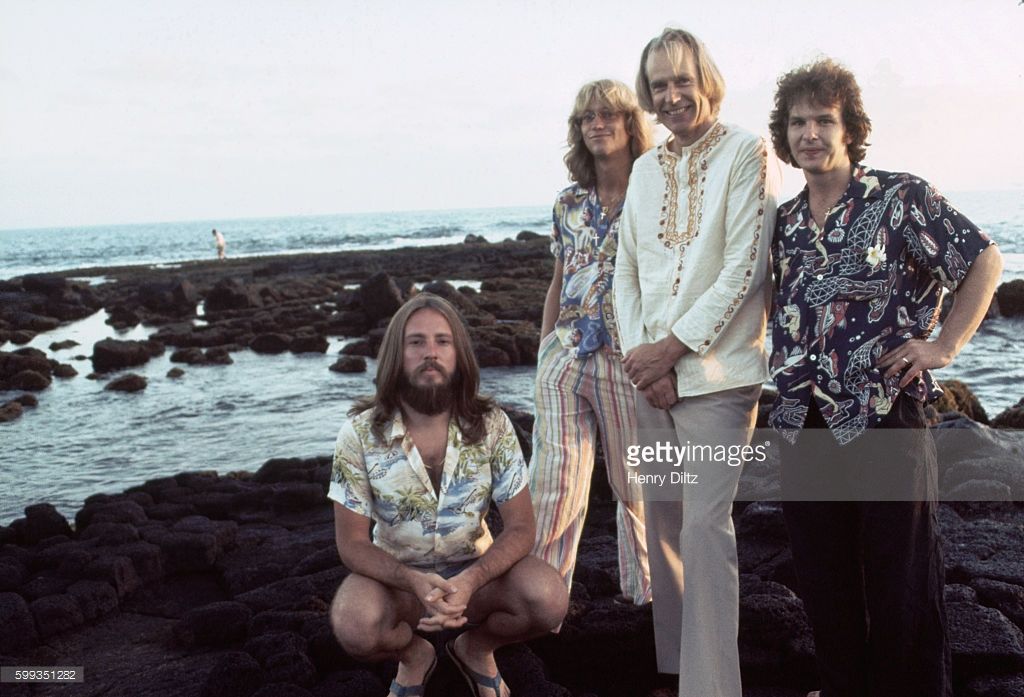
A Gentle Enigma: Finding Truth in the Paradoxes of the Heart
When America released “Tin Man” in July 1974, it swiftly became more than just another hit from the band’s ever-growing catalog—it became a lyrical meditation that blurred the lines between innocence and wisdom, vulnerability and strength. Peaking at No. 4 on the Billboard Hot 100 and rising to No. 1 on the Adult Contemporary chart, “Tin Man” was a standout track on their fourth studio album, Holiday, which marked the beginning of their collaboration with famed Beatles producer George Martin. Under Martin’s elegant guidance, America’s folk-rock sound matured into something more polished yet still steeped in poetic mystique. At the heart of this transformation stood “Tin Man”, a song as quietly haunting as it is deceptively whimsical.
Written by Dewey Bunnell, one of America’s founding members, “Tin Man” takes its title—and emotional scaffolding—from L. Frank Baum’s The Wizard of Oz. But rather than lean into overt fantasy, Bunnell invokes the Tin Woodman not to tell a story of lost adventure but to reflect on the hollow ache of modern disconnection. The lyrics unfold like a hushed riddle: “But Oz never did give nothing to the Tin Man / That he didn’t, didn’t already have.” It’s a line that suggests enlightenment lies not in external gifts but in self-realization—an idea both tender and devastating when sung against such an effortlessly melodic backdrop.
The song is not about Oz or its characters per se; it is about what they represent. The Tin Man’s quest for a heart becomes an allegory for emotional introspection—the search for feeling in an era increasingly defined by detachment and artifice. Bunnell’s delivery is understated, almost conversational, allowing listeners to sink slowly into the song’s atmosphere: wistful yet curiously matter-of-fact. The harmonies shimmer like heat rising off asphalt, and George Martin’s production lends an elegant airiness that softens even the most existential undercurrents.
Musically, “Tin Man” exemplifies America’s trademark subtlety—a latticework of gentle acoustic strums, breezy rhythms, and ethereal harmonies that seem to hover just above ground. It’s music for quiet roads and long shadows; its message arrives not with force but with a sigh. There’s no chorus in the traditional sense—just verses flowing like thought itself, unspooling without clear resolution. And therein lies its magic: it resists conclusion because life, too, rarely offers one.
In a decade teeming with grand statements and cultural upheaval, “Tin Man” dared to be intimate and ambiguous. It has endured not because it tells us what to feel but because it invites us to ponder why we feel at all. In doing so, America crafted more than a soft rock staple—they gave us a mirror cloaked in melody, one that still reflects our most private yearnings.